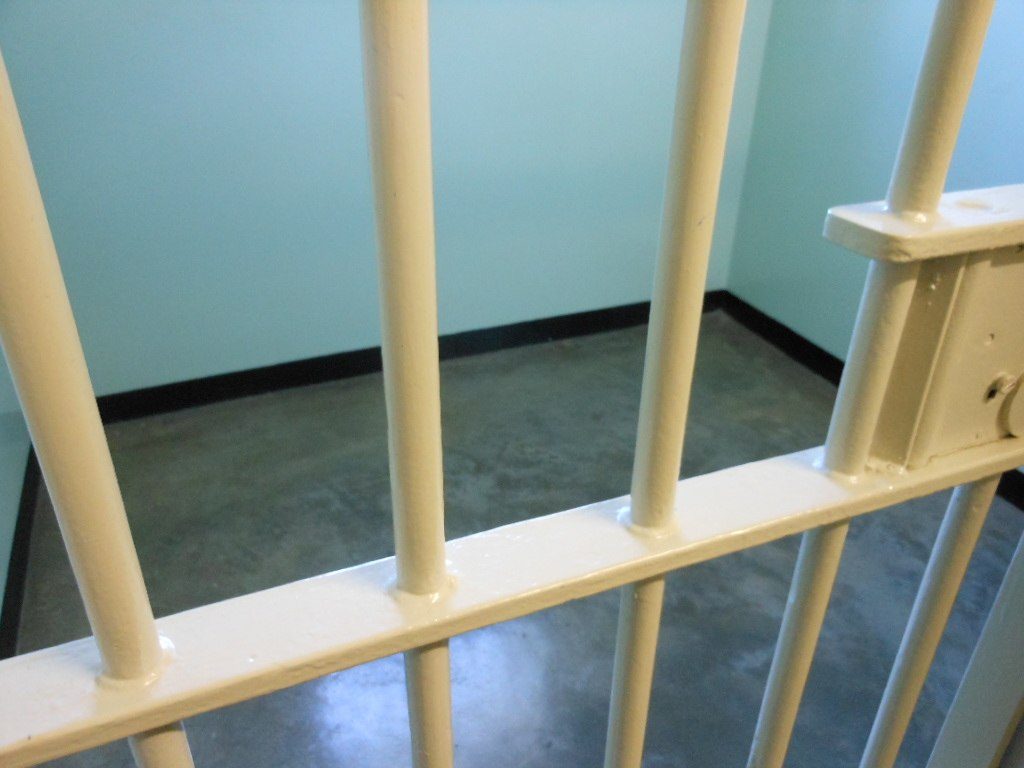Study asks, what motivates educators to work with imprisoned women?

Prisons typically offer classes to inmates on topics such as life skills, career readiness and even yoga, enriching the time inmates spend detained. The individuals leading these classes are often unpaid volunteers.
What motivates educators to enter these challenging learning environments for free?
Lisa Baumgartner, associate professor, Department of Educational Administration and Human Resource Development, sought to understand this through her recent research with former doctoral student Carolyn Sandoval.
Sandoval interviewed volunteer educators at a gender-responsive program, classes responsive to women’s needs, offered to female inmates in jail. The researchers found common motivations among educators.
Baumgartner said one of the top motivations was the need to change the criminal justice system.
“Some of the educators were initially unfamiliar with the criminal justice system and now they recognize the inequities in it. A lot of them became advocates for changing the system when they started educating women,” Baumgartner said.
A woman’s pathway to prison can differ greatly from a man’s. Gender-responsive programs are important in prisons because they consider women’s unique circumstances.
Sandoval said many women are incarcerated for non-violent crimes and are likely to have experienced trauma, which often leads to substance abuse and addiction, as well as mental health problems.
“Through holistic programming—various psychoeducational classes, art, dance, yoga, to name a few—this particular [gender-responsive programming] worked to help the women understand and heal from trauma, addiction or other experiences that led them to being incarcerated,” Sandoval said.

